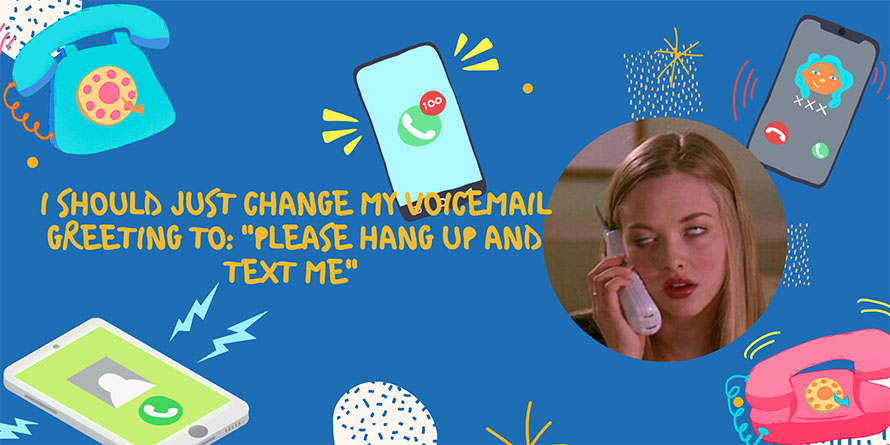Picture this: You’re hiking a breathtaking trail in the Rocky Mountains, and the sun is setting as you make your way back down Mount Elbert.
But then, disaster strikes. Heavy snow starts to fall, quickly obscuring your footprints on the well-trodden trail.
Suddenly, you’re terribly lost in the wilderness – stranded on the tallest peak in the Rockies, no less.
When an unknown number starts calling you (yes, you can still get a signal even on the highest mountain in Colorado) you roll your eyes – you like, really don’t have time for spam callers right now.
And so you let it ring out – again, and again, and again – as you try to get your bearings and hunker down for the night on the side of a snowy mountain.
The plot twist?
That unknown number wasn’t a spam caller. It was actually rescue services, which had sent out search teams and who were desperately trying to get a hold of you.
Awkward.
And, it’s a true story.
“One notable take-away is that the subject ignored repeated phone calls from us because they didn’t recognize the number,” the Lake County Search and Rescue unit said on its Facebook page after the hiker was found safe and sound.
If this scenario doesn’t sum up Gen Z’s fear of the phone, we don’t know what does. Let’s talk about why.
Because it’s inefficient
The generation with the shortest attention span wants faster, more direct communication. Gen Zs think phone calls are disruptive and time-consuming – why spend an unpredictable amount of time on a phone call, when it could take less than thirty seconds to respond via text?
Instead, Gen Zs overwhelmingly prefer messaging, with 8 in 10 Gen Zs we surveyed for our What Gen Z Actually Do Online report regularly using messaging apps such as Instagram (81%), Snapchat (74%), iMessage (62%), Facebook Messenger (60%).
Had the rescue services sent the hiker a text, they might have avoided a very chilly night on the side of a snowy mountain.
Because it’s anxiety-inducing
Millenials were the first generation to report feeling reluctant or fearful of taking and making phone calls. According to research from BankMyCell, 81% of millennials and Gen Zs admit to getting anxious when interacting with others on the phone, often experiencing symptoms such as nausea, muscular tension or increased heart rate.
Curiously, the same doesn’t apply to video chat apps, which are hugely popular – 77% of Gen Zs regularly use video chat apps like Facetime (54%), Zoom (29%), Facebook messenger (26%). A Talkative report suggests that’s because video chat “mimics how younger generations communicate with their peers.”
The COVID pandemic has had an impact too.
“While many of us have been unable to meet in person, thanks to video, virtual meetups have allowed us to continue communicating face to face.”
Because… boundaries
Gen Zs were practically born with a smartphone in their hand and it’s been glued there ever since. But while this makes them the most accessible generation, it doesn’t mean they always want to be reachable. Gen Zs prefer messaging over phone calls because it gives them the freedom to compose a response in their own time – not just when it’s convenient for someone else trying to contact them.
With Gen Zs the future of the consumer, it’s about time businesses adapt.
Reaching out to Gen Z in their way could be a great start.






